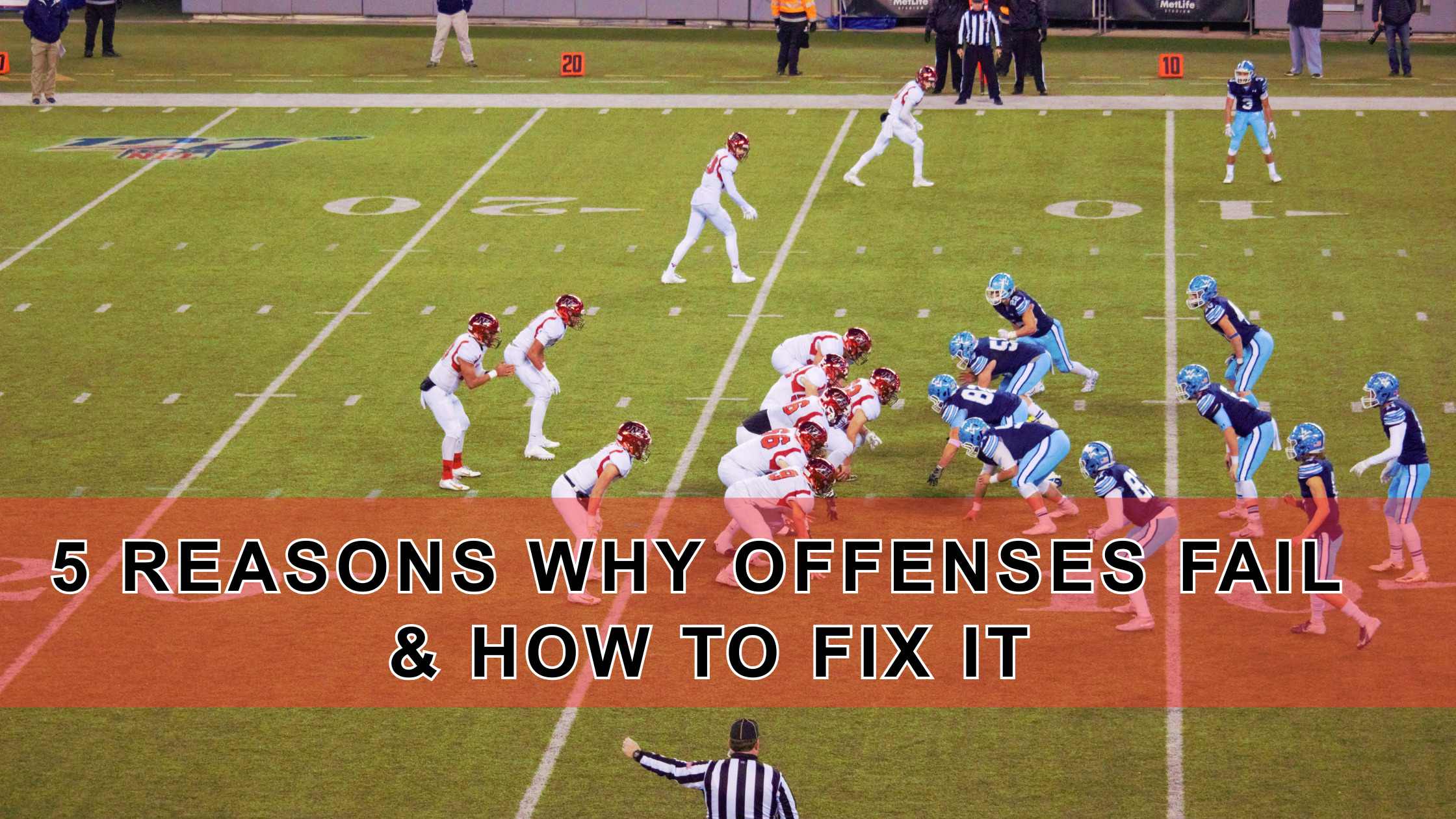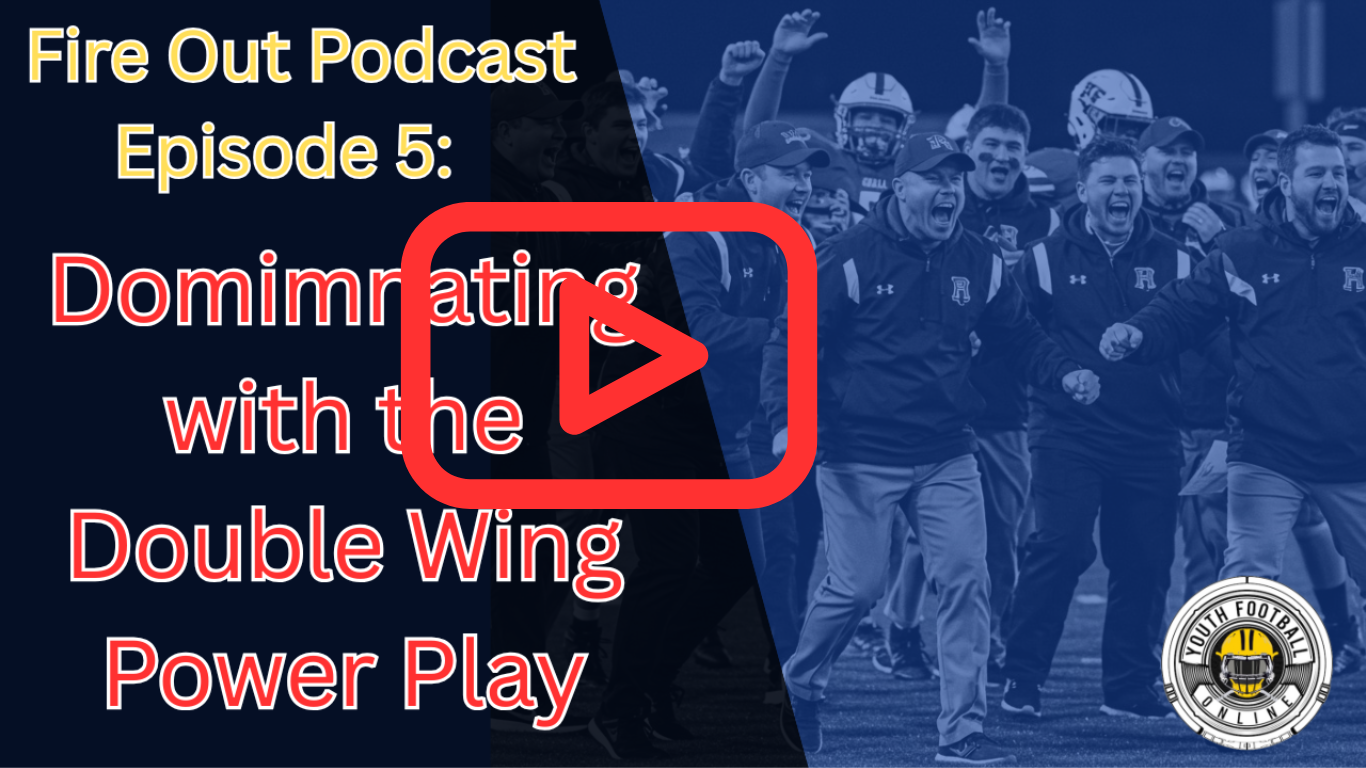The Coin Toss- Defer or Receive

Take the Football or Play Defense?
I was out watching football this past Sunday and I overheard a discussion regarding the coin toss. One of the gentleman said he would defer to the second half if he won the coin toss. His buddy on the other hand would take the ball every time. Here are my thoughts…
Deferring
The majority of coaches will usually defer (at least coaches I have asked). I personally like deferring and starting the game on defense. But, I will say that most of my assistant coaches actually want to take the football first. But, I like deferring because I believe the game is won in the second half. I love starting the second half with the football. If you are behind at halftime, receiving the ball to start the second half can get your team back into the game (if you score of course). If your team is ahead at halftime and you receive the ball to start the second half, this will put a tremendous pressure on the opposing defense. Say we are up 14-7 at halftime. We receive the ball to start the second half and we drive down and score. That will demoralize the opposing team. In addition, halftime allows us to make any offensive adjustments so we can hit the ground running in the second half.
C’mon coaches, who doesn’t love starting the game with your defense on the field? Set the tone on defense!
Receiving
Again, my coaches love to receive the ball to start the game. They want to use our explosive wing t offense and take the football down the field and score right off the bat! This does make sense for us because we do score a lot on our first possession. It takes defenses a long to adjust to our offense and our overall tempo/no huddle play calling The whole reason why coaches want the ball first is set the tone. Scoring first is a big confidence boaster for the kids. Scoring first will get the coaches, players, and parents (the crowd) hyped up. Scoring first in a “big game” can do wonders for your team.
Conclusion
I feel a lot of it has to do with a coach’s philosophy and/or team situation. If you team isn’t as good, maybe you receive the ball first and try to score. Taking the ball down and scoring to start the game will boost a team’s confidence. If a team has an explosive offense the coach will probably choose to take the ball. If you are a coach that loves defense, then most likely that coach will defer if he wins the coin toss. If you are like me, you believe that the game is won in the second half. Receiving the football in the second half can get you back into the game or it can increase your lead. Let’s not forgot that you can elect to defend a side of the field as well. This can be important depending on wind direction, rain, and even sun light (sun in the players eyes).
Regardless if we receive or defer, our goal is to either get a strong stop or a touchdown to start the game. We practice scoring and stopping teams on the first drive everyday in practice.
Percentage of times NFL teams choose to defer when they won the coin toss (according to FoxSports):
2011: 41 percent
2012: 55 percent
2013: 65 percent
2014: 68 percent
Tell us in the comments if what your team does if you win the coin toss.











